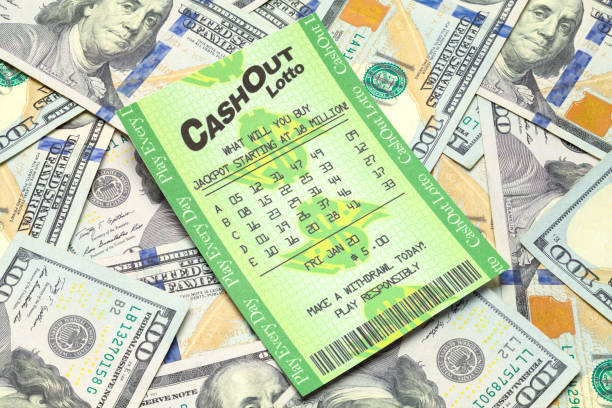
Lottery scams have become increasingly prevalent in today’s digital age, preying on the dreams of unsuspecting individuals who hope for a life-changing windfall. These scams can take various forms, from fake emails and phone calls to fraudulent websites toto sdy and social media messages. Understanding how these scams operate and knowing how to protect yourself is crucial in avoiding potential losses. In this article, we will explore common lottery scams and provide essential tips to safeguard your personal information and finances.
- Recognizing Common Lottery Scams
Lottery scams often present themselves as official communications, claiming that you’ve won a substantial prize in a lottery you didn’t enter. Scammers may use legitimate-sounding names and logos, making their messages appear credible. Common tactics include unsolicited emails, phone calls, or even messages via social media. These communications typically instruct you to provide personal information or pay fees to claim your “winnings. ” Remember, legitimate lotteries do not require winners to pay upfront fees. If you receive such a message, it’s essential to be skeptical and verify its authenticity. - Red flags to watch For
There are several red flags that can help you identify a lottery scam. One major indicator is the urgency of the message; scammers often pressure victims to act quickly to claim their prize, creating a sense of panic. Additionally, if the communication asks for sensitive information—such as your Social Security number, bank details, or credit card information—this is a significant warning sign. Authentic lotteries will never request personal data through insecure channels. Other red flags include poor grammar and spelling, as scammers may not take the time to craft polished messages. Always take a moment to scrutinize any communication that seems suspicious. - Verify the source
Before responding to any lottery-related communication, it’s crucial to verify its source. If you receive an email or phone call claiming you’ve won a lottery, independently research the organization. Visit the official lottery website or contact their customer service directly to check the legitimacy of the claim. If the lottery does not list you as a winner, it’s a scam. Trust your instincts; if something feels off, it’s better to err on the side of caution. - Protect Your personal Information
To minimize the risk of falling victim to lottery scams, always protect your personal information. Avoid sharing sensitive data, such as your Social Security number or bank details, with anyone unless you are certain of their legitimacy. Additionally, be cautious when filling out forms online or engaging with unfamiliar websites. Look for secure website indicators, such as “https: //” in the URL, which signals that the site is encrypted and safer to use. If you suspect that your personal information has been compromised, take immediate action by monitoring your accounts for suspicious activity and consider placing a fraud alert on your credit report. - Educate yourself and others
Knowledge is one of the most effective defenses against lottery scams. Educate yourself about common scam tactics and stay informed about the latest schemes. Share this information with friends and family, particularly those who may be more vulnerable, such as elderly relatives. Many communities and organizations offer resources on how to recognize and report scams. Being proactive in raising awareness can help create a more informed community, making it harder for scammers to succeed. - Reporting Scams
If you encounter a lottery scam, it’s essential to report it to the relevant authorities. In the united states, you can report scams to the Federal Trade Commission (FTC) or the Better business bureau (BBB). In other countries, there are similar organizations dedicated to consumer protection. Reporting scams not only helps protect yourself but also assists in building awareness and preventing others from falling victim to similar schemes. Providing details about the scam can help authorities investigate and potentially shut down fraudulent operations.
Conclusion
Lottery scams continue to be a significant issue, leveraging the allure of instant wealth to deceive individuals. By recognizing common scam tactics, staying vigilant, and protecting your personal information, you can reduce the risk of falling victim to fraud. Always verify the legitimacy of any lottery claims and report any suspicious activity to the appropriate authorities. Empowering yourself with knowledge is the best defense against lottery scams, ensuring that your dreams of winning remain just that—dreams, rather than a costly reality.